|
Gina Prince-Blythewood’s directorial debut, Love and Basketball, puts her alongside other talented female directors like Lynne Ramsay, Debra Granik, and Dee Rees whose output is unjustly sparse. Prince-Blythewood’s quick first step should’ve earned her as much work as she wanted, but instead, she’s only directed three other movies in the intervening twenty years. Her first film knows a thing or two about struggling for a thing and not getting it, whether that be a career in professional sports or a relationship with a childhood sweetheart. Love and Basketball’s excellent grasp of its characters and their interplay is potent enough to power half a dozen films. Packed into one complete package, it makes for a fantastic experience.
0 Comments
Having never seen or read any other versions of Emily Bronte’s classic novel Wuthering Heights, it’s difficult to say what Andrea Arnold’s staggering 2012 adaptation does differently. Based on cast lists from earlier adaptations, it would appear that the younger incarnations of star-crossed lovers Catherine and Heathcliff are left out. Arnold does the opposite, giving over half the film to teen actors and the other to their adult counterparts. She also casts a person of color in the role of Heathcliff, a status that Bronte hinted at but has perhaps never before been realized onscreen. Lastly, by beginning the film with an adult Heathcliff (James Howson) and then flashing back to his arrival in the English moors as a child, Arnold frames the entire film as his memory and subsequently films much of her masterwork as a series of sensations as much as a series of conversations. It’s a transporting and revelatory experience, and a fitting companion piece to Greta Gerwig’s Little Women in how both find the time-traveling universality in 19th century works of literature.
In its fourth incarnation, A Star is Born puts Lady Gaga and her thin acting career in direct comparison to the icons who have previously played the role. She has to tread ground where actors like Judy Garland and Barbra Streisand have previously trod, and in Bradley Cooper’s directorial debut, he steers Lady Gaga towards a performance worthy of her predecessors. Thanks to her earnestness and realism, and the palpable chemistry between her and Cooper’s co-lead, A Star is Born wins over the skeptical, like this viewer, through sheer force of will, using power ballads to blast through cynicism and create something visceral and invigorating. This is half of a perfect film, and disappointingly, half of something much less that that. While A Star is Born should deservedly open up new creative pathways for its leads, it falls short of being the sustained masterpiece that the first hour suggests it will be.
Terrence Malick’s mythic, ethereal films always find the intimate and the internal amongst the swirl of larger events, but in To the Wonder, there is no larger event beyond an unconvincing romance. Malick’s style lives on the razor’s edge between profundity and parody, and it’s often the grander stakes of colonial Virginia or the Pacific WWII theater that keeps his characters and their breathy inner monologues from becoming tiresome. Without those stakes or any epic sweep to speak of, To the Wonder’s in trouble.
Paul Thomas Anderson’s best film for me is The Master, and his latest, Phantom Thread, is masters all the way down. Masters on the way out, masters continuing their brilliance, and new masters emerging into the mainstream. Daniel Day Lewis stars in what he claims is his final performance, putting a restrained cap on an expressive and dominant career. PTA continues to make surprising idiosyncratic films finely tuned to his voice, distinct from the homage and imitation of his superlative early career but of a piece with a resume that marks him as the greatest director working in film today. Co-star Vicky Krieps, an unknown Luxembourgian actor, also emerges in one of the finest performances of PTA’s filmography, standing toe-to-toe with Day Lewis and forcing him to share the film with a person whose name on a poster could someday soon reap the Day-Lewis-ian levels of anticipation. A film about perfectionists by perfectionists, Phantom Thread lives up to the high standard that’s come to be expected from PTA.
Sofia Coppola returns to cinemas after a too-long, four-year break with The Beguiled, her first remake and her second period film. The characters of The Beguiled aren’t as high in the social hierarchy as those in Marie Antoinette, but a 19th century style and certain level of class allows Coppola to do what she is most known for; depict well-off and bored individuals rebelling against their beautifully-photographed gilded cages. Having not seen the original Clint Eastwood-starring Beguiled, one can only assume that its famous leading man pulled focus away from the women his deserting soldier barges in upon. That’s not the case with Coppola’s version, which places a greater focus on the female septet instead of Eastwood’s replacement (Colin Farrell). The Beguiled entrances the viewer with every aspect of its production, pulling them into its Virginia estate as surely as Farrell’s soldier is drawn into it. This is the most attractive cage that Coppola has created, though it’s a motif that she neglects to follow all the way to its logical historical conclusion.
Damien Chazelle's modern musical La La Land opens with a big, spontaneous musical number that evokes an era of Hollywood before freeways and smartphones. Smiling dancers jump around on their cars, weaving through a traffic jam and extolling the eternally beautiful weather in Los Angeles. No matter what happens on one day, no matter the level of disappointment and humiliation, the sun's going to rise on another day filled with bright possibility. The film that follows shows how difficult it is to keep up that facade, to avoid being crushed by failed auditions and gigs that take one away from whatever their professional dreams are. La La Land's more cynical than its opening number, as it wonders who would still be dancing and singing joyfully after months or years of tedious compromise.
Luca Guadagnino's A Bigger Splash is superficially as distant as it could get from Danny Boyle's Sunshine, but they both share a structural problem. The former is about an Italian vacation and the latter is about a last-ditch space expedition, but each are near-perfect films until a bout of violence is introduced and their perfection ebbs. The feeling of a masterpiece slipping away always hurts, but with A Bigger Splash, at least what comes before the slide is brilliant and memorable. Adapted from an earlier Italian film spoken in Italian, this Italian film spoken in English contains the boisterousness of the country's great directors and the beautifully-sketched characters of a director like Richard Linklater.
The over-the-top nature of the films of Korean director Park Chan-wook meets his granular attention to detail in The Handmaiden. He merges the high of immaculately-dressed costume dramas with the low of a gritty heist film, a melding of genres that wildly succeeds. Park's filmography, with its oft-repeated themes of sexual taboos, vengeance, and pathetic yet deadly men, feels like its reaching a climax here, like this is the film he's always been supposed to make. The Handmaiden, drowning in sensuality and subterfuge, is at the level of the best this auteur has ever done, if not his best work to date.
A coming-of-age two-hander set amongst the mountains of southwestern France, Being 17 gives its two protagonists emotional peaks and valleys that mirror the geography outside their windows. August French director Andre Techine infuses chaotic life into his film, while co-writer Celine Sciamma contributes the perceptive inner lives of children that she's also brought to Tomboy and My Life As a Zucchini. Their combined effort supports a film simmering in heated feelings barely contained beneath the surface, giving Being 17 a primal urgency and an emotional momentum that lasts all the way to the end credits.
|
Side PiecesRandom projects from the MMC Universe. Categories
All
Archives
April 2023
|
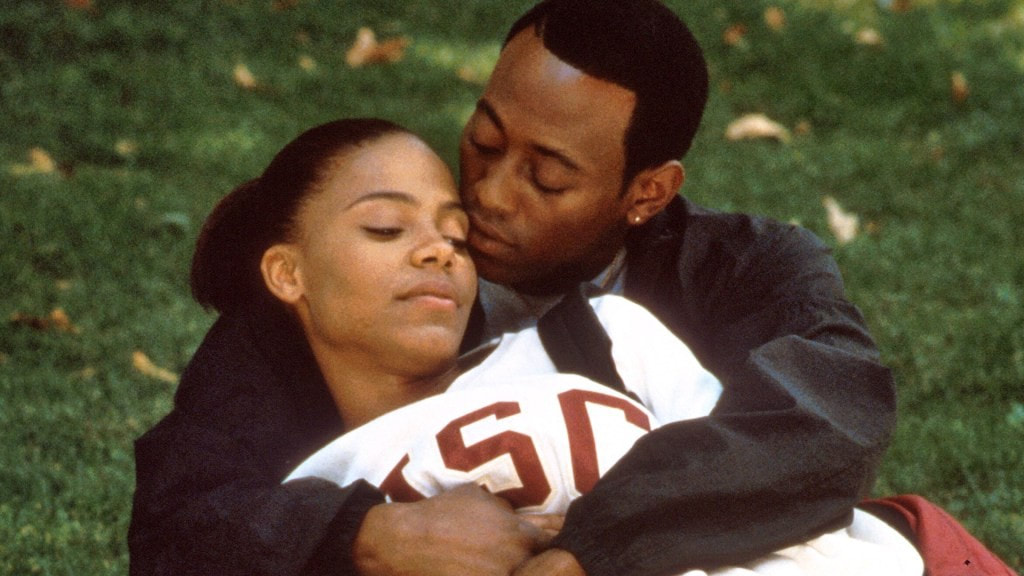
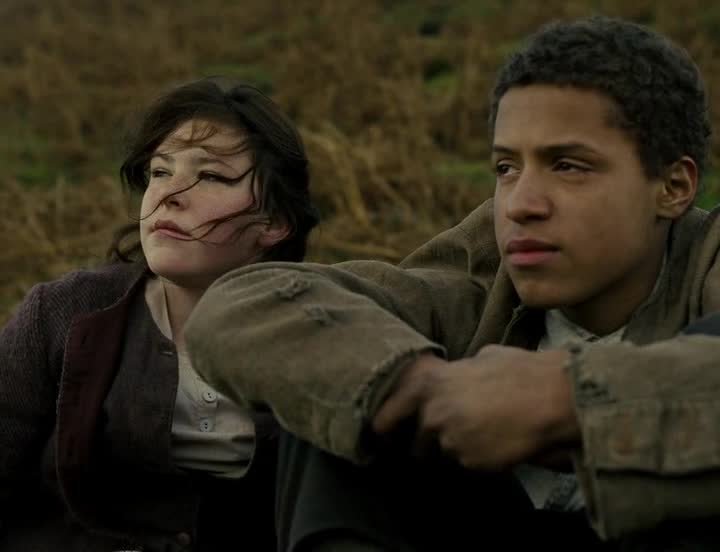
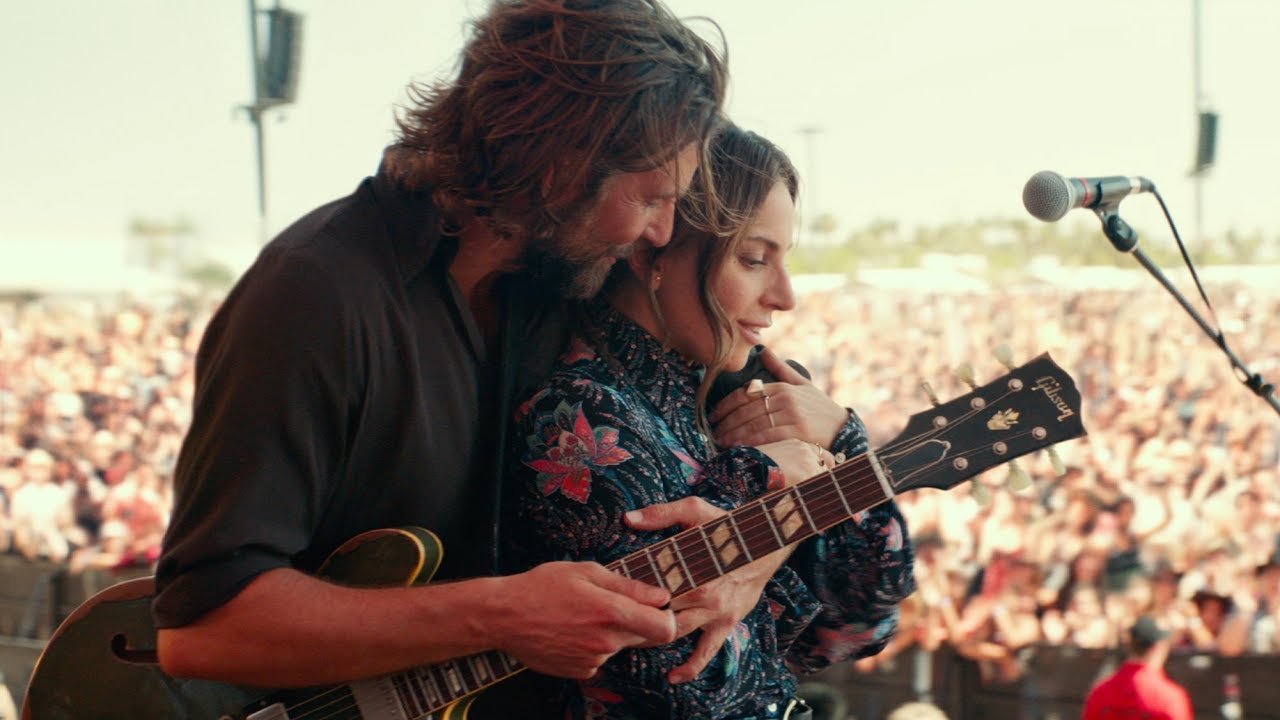
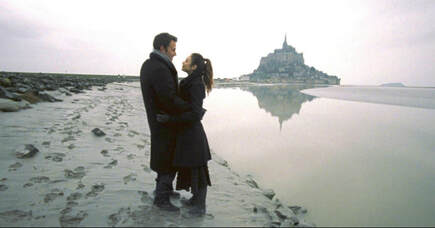
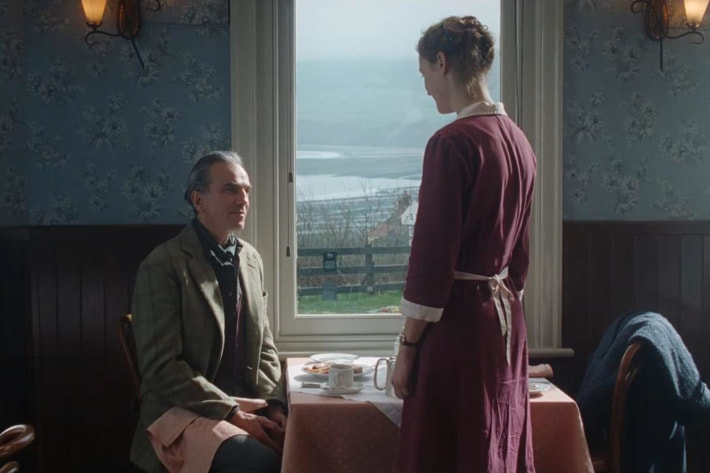
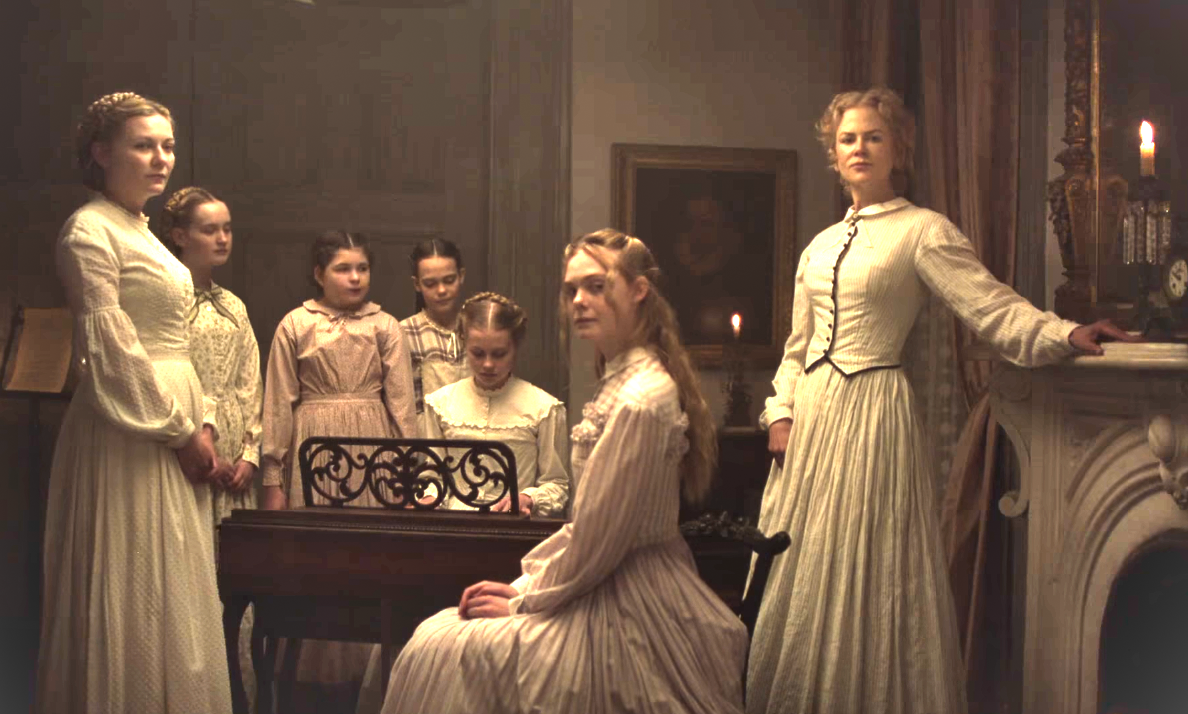
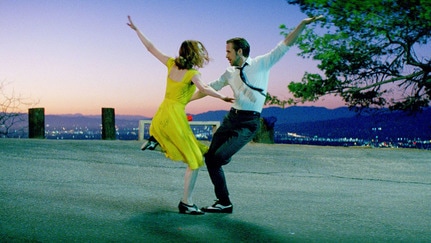
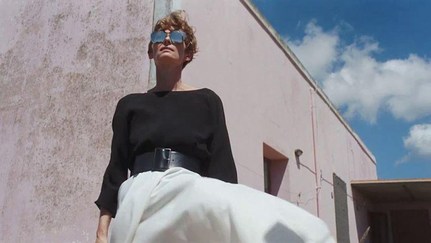
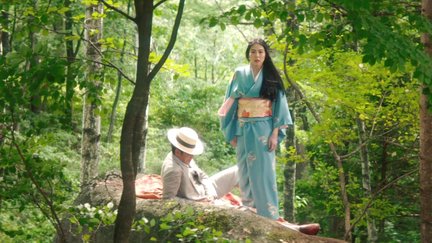
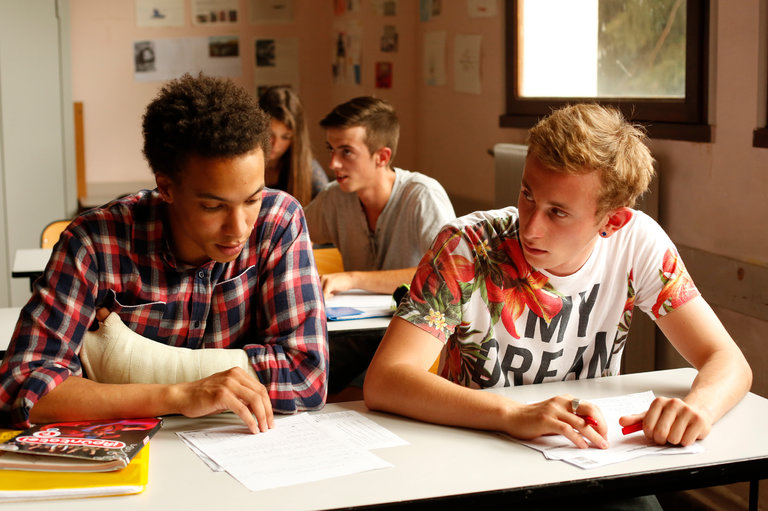
 RSS Feed
RSS Feed